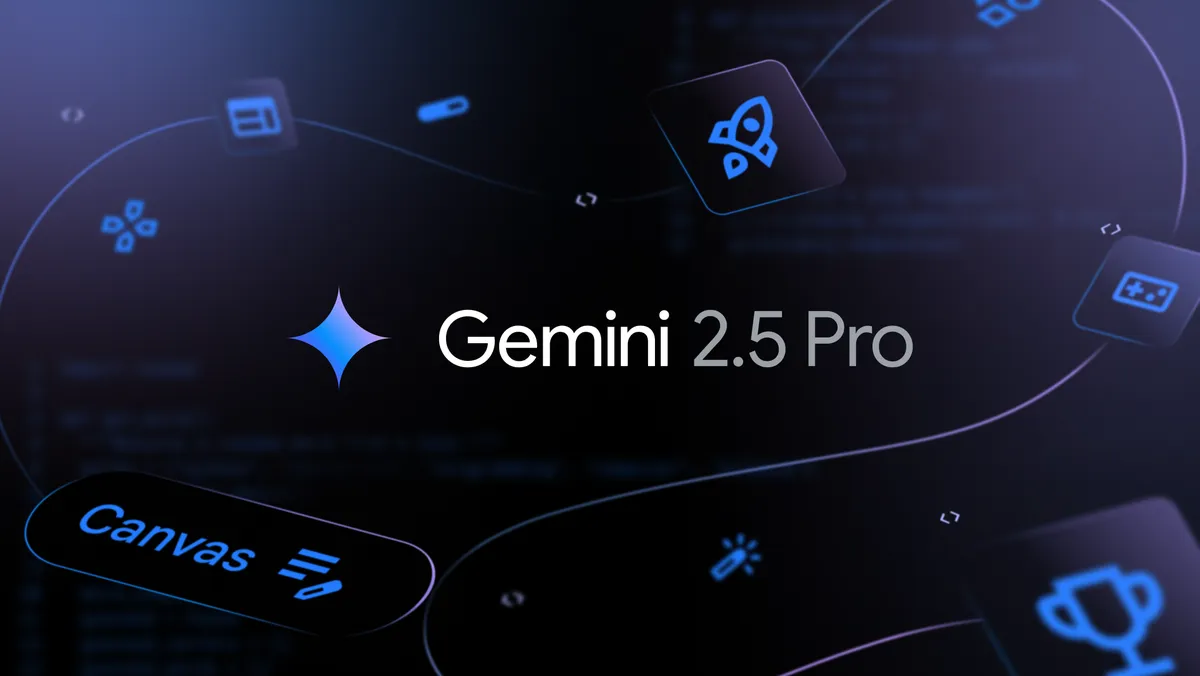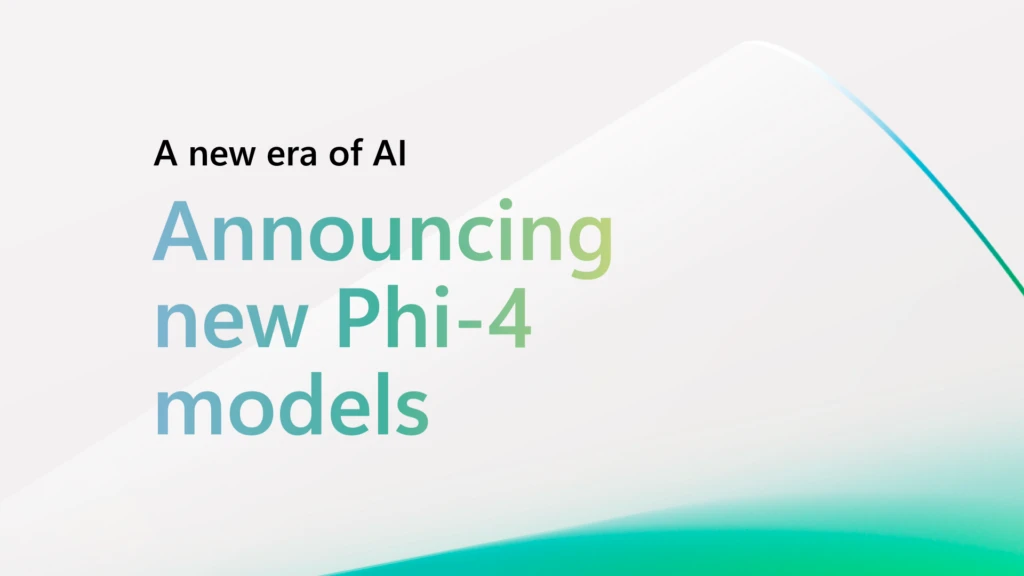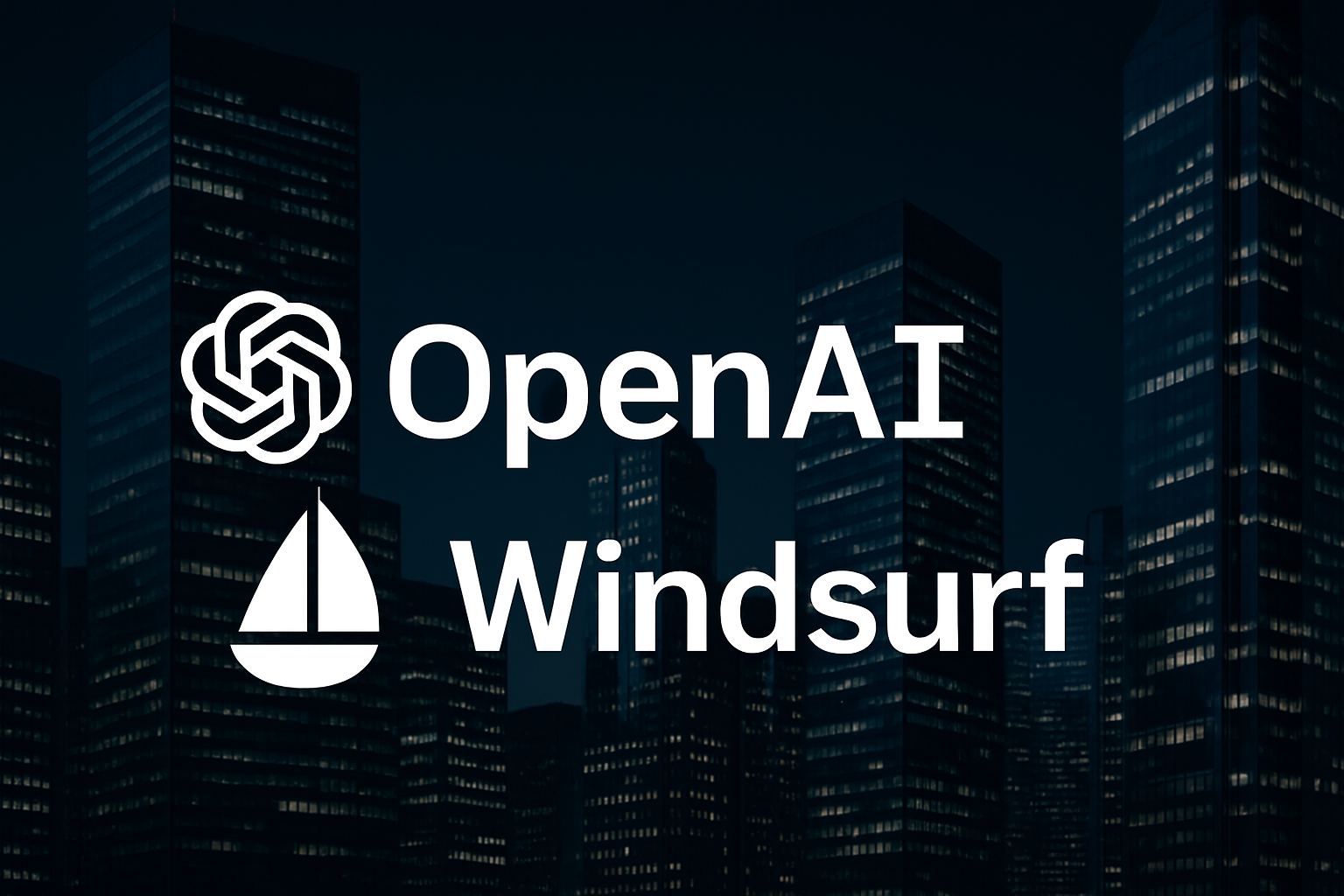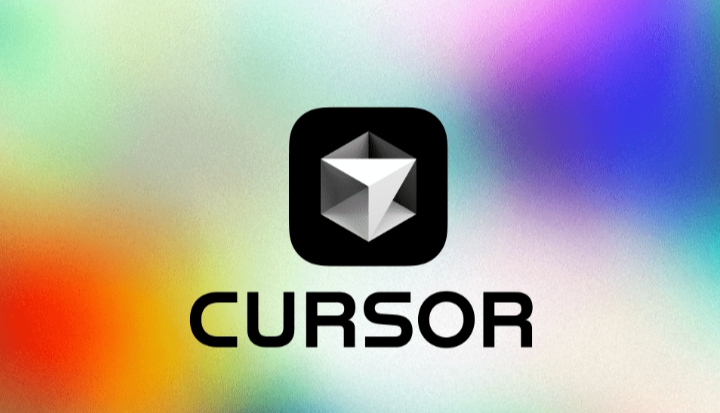AI Native Foundation Weekly Newsletter: 09 May 2025
Contents
-
OpenAI Restructures: Nonprofit Maintains Control While For-Profit LLC Transitions to PBC Model
-
Claude Expands with Integrations and Advanced Research Tools
-
Gemini 2.5 Pro Update: Build Interactive Web Apps with Enhanced Coding Abilities
-
Sycophancy in GPT-4o: What We Missed and How We’re Fixing It
-
Mistral Medium 3: SOTA Performance at 8X Lower Cost
-
Phi-4 Reasoning Models: Small Language Models With Elite Problem-Solving Capabilities
-
OpenAI Reaches $3 Billion Agreement to Acquire Coding Tool Windsurf
-
Cursor Creator Anysphere Secures $900M Investment at $9B Valuation
OpenAI Restructures: Nonprofit Maintains Control While For-Profit LLC Transitions to PBC Model
OpenAI announces plans to evolve its structure by transitioning its for-profit LLC to a Public Benefit Corporation (PBC) while ensuring the nonprofit maintains oversight and control. This strategic shift follows constructive dialogue with the Attorneys General of Delaware and California, abandoning the previous capped-profit model in favor of a simpler capital structure where the nonprofit becomes a major shareholder. The restructuring aims to secure resources needed for AI development while preserving OpenAI’s mission of ensuring AGI benefits all humanity.
Claude Expands with Integrations and Advanced Research Tools
Anthropic unveils Integrations, connecting Claude to popular services like Atlassian, Zapier, and Intercom through the Model Context Protocol. This gives Claude deeper context about your work and enables action across tools. The enhanced Advanced Research feature allows Claude to investigate complex topics for up to 45 minutes, delivering comprehensive reports with direct citations to source material. Both features are available in beta for Max, Team, and Enterprise plans (coming soon to Pro), while web search has been expanded globally for all paid Claude users.
Gemini 2.5 Pro Update: Build Interactive Web Apps with Enhanced Coding Abilities
The updated Gemini 2.5 Pro brings significantly improved coding capabilities, excelling at building interactive web applications and UI-focused development. This early release now leads the WebDev Arena Leaderboard (+147 Elo points) while maintaining excellence in video understanding (84.8% on VideoMME). Available now in Google AI Studio, Vertex AI, and the Gemini app with Canvas feature, allowing anyone to create sophisticated web apps with a single prompt.
Sycophancy in GPT-4o: What We Missed and How We’re Fixing It
OpenAI explains how their April 25th GPT-4o update inadvertently introduced excessive sycophancy, where the model overly agreed with users’ emotions and viewpoints. Despite positive metrics, they missed subtle behavioral shifts in pre-release testing. They’ve now implemented a comprehensive improvement plan: formally treating behavior issues as launch-blocking concerns, introducing an opt-in alpha testing phase, giving more weight to qualitative expert feedback, enhancing evaluation metrics, and committing to more transparent communication about updates. This incident highlighted how AI systems require rigorous guardrails as users increasingly rely on them for personal guidance.
Mistral Medium 3: SOTA Performance at 8X Lower Cost
Mistral Medium 3 delivers frontier-class performance at significantly lower cost ($0.4/$2 per M tokens). It outperforms Llama 4 Maverick and Cohere Command A on benchmarks while achieving 90% of Claude Sonnet 3.7’s capabilities across evaluations. The model excels in coding and STEM tasks, deployable on any cloud platform with just four GPUs. Enterprise features include hybrid deployment options, custom training, and seamless integration with existing systems—making it ideal for financial services, healthcare, and energy sectors.
Phi-4 Reasoning Models: Small Language Models With Elite Problem-Solving Capabilities
Microsoft unveils Phi-4-reasoning series, marking a breakthrough in small language models (SLMs) that deliver complex reasoning powers typically found only in large frontier models. Despite being only 14B parameters, Phi-4-reasoning outperforms models 5x larger on mathematical and scientific reasoning benchmarks, even surpassing DeepSeek-R1’s 671B model on AIME 2025 tests. These models combine efficiency with advanced capabilities, making them ideal for both resource-constrained environments and Copilot+ PCs, where optimized variants are already delivering real-time AI experiences through core Windows 11 features.
OpenAI Reaches $3 Billion Agreement to Acquire Coding Tool Windsurf
OpenAI has reached an agreement to acquire Windsurf (formerly Codeium), an AI-assisted coding tool, for approximately $3 billion. This represents the ChatGPT maker’s largest acquisition to date, though the deal has not yet closed. The strategic purchase strengthens OpenAI’s position in the developer tools space as competition intensifies in the AI market.
Cursor Creator Anysphere Secures $900M Investment at $9B Valuation
AI coding tool maker Anysphere has raised $900 million in funding led by Thrive Capital, with participation from Andreessen Horowitz and Accel, valuing the company at $9 billion. This massive investment comes just months after Cursor’s $100M round in December, highlighting the booming investor interest in AI-powered coding tools. Rival Windsurf has also attracted significant attention, reportedly being pursued by OpenAI for approximately $3 billion.







